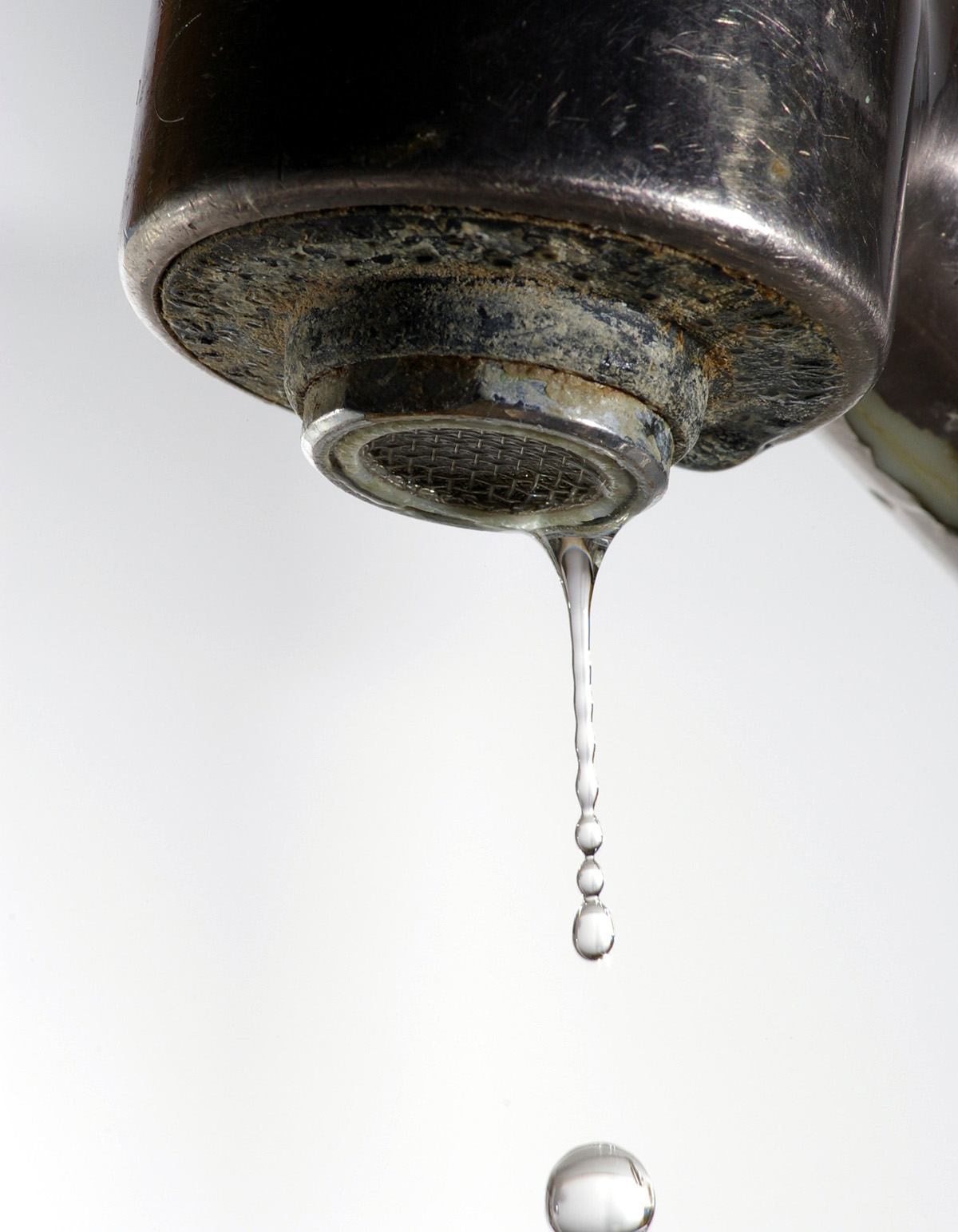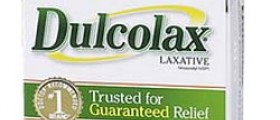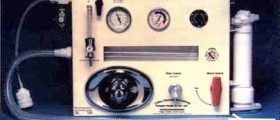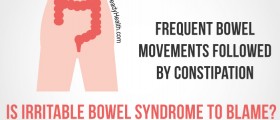Water plays an important role in prevention and treatment of constipation. Constipation can be defined as irregular bowel movements, less than three times a week, with hard and small stool. In order to be soft and easy to pass, the stool needs to absorb water. Increasing the intake of dietary fiber is considered to be the best way to prevent constipation, but only if it is followed by large amounts of water.
However, scientists believe that not all water has the same effect. It seems that hard water is particularly useful when it comes to treatment of constipation.
Hard Water and Constipation
Hard water is generally not considered to be good. It has a high content of minerals, especially calcium and magnesium. This type of water is generally used in spas and baths, because it is believed it has healing powers.
However, everyone knows that hard water is detrimental for the skin and the hair. It has a drying, dehydrating effects and leaves the skin feeling tight, itchy and flaky. Still, this does not mean that it is dangerous for human health. In fact, it is believed it can reduce the risk of hypertension and heart attack, and one of its features is the ability to alleviate constipation. If taken in right quantities, calcium and magnesium in hard water have a positive effect on the bowel and improve the regularity of bowel movements.
Hard water, with its unique combination of minerals, contributes to a clean colon, and clean colon means regular bowel movements. Calcium in hard water combines with excess bile and fats, making it easier to eliminate those products from the body.
How to Use Hard Water
Hard water comes from taps in certain areas. However, tap water is usually not safe for oral intake, which makes it impossible to use as a remedy for anything. However, most mineral waters have the same degree of minerals in it, especially calcium. The beneficial properties of calcium are provided by the daily intake of one thousand to one thousand five hundred milligrams of calcium, divided into several doses. However, calcium alone can actually aggravate the symptoms of constipation, which is why it is better to take it in combination with magnesium, as it occurs in mineral water.
- The drinking water supply has a primary objective of protecting human health, including ensuring access to adequate quantities of safe water. It is estimated that approximately 17% of the world's population uses water from the unprotected and remote sources, 32% from some form of protected sources and 51% from some sort of centralized (piped) system to the dwelling or a plot.
- Hard water is usually defined as water, which contains a high concentration of calcium and magnesium ions. However, hardness can be caused by several other dissolved metals; those forms divalent or multivalent cations, including aluminum, barium, strontium, iron, zinc, and manganese.
- Carbonate hardness is caused by the metals combined with a form of alkalinity. Alkalinity is the capacity of water to neutralize acids and is attributed to compounds such as carbonate, bicarbonate, hydroxide, and sometimes borate, silicate, and phosphate.
- In contrast, non-carbonate hardness forms when metals combine with anything other than alkalinity. Non-carbonate hardness cannot be broken down by boiling the water, so it is also known as permanent hardness.
- The calcium in hard water results in teaming up with excess bile and its resident fats to lather up the soap like insoluble substance, which is emitted from the body during bowel movements. Indeed, many renowned scientists have considered hard water as a boon as it has some fantastic health benefits that seem to encourage longer life expectancy and improved health. Magnesium salt represents with a laxative effect. This provides a rapid evacuation of intestine. Magnesium citrate, magnesium phosphate, and magnesium hydroxide are also used. The American Gastroenterology Association recommends milk of magnesia for the management of constipation as one of the therapeutic options; however, the Rehabilitation Nursing Foundation discourages the routine use of saline magnesium laxatives due to possible side effects such as abdominal cramping, watery stools, and potential for dehydration and hypermagnesium. They only indicate the use of these laxatives in end-stage patients when other options have failed, and with and adequate prospective evaluation of magnesium levels.
Therefore, the best way to use this unique mineral combination is to drink two or three glasses of mineral water per day. Not all brands of mineral water are the same and it is recommended to check the label, which is supposed to list the mineral content in the bottle.


















Your thoughts on this
Loading...